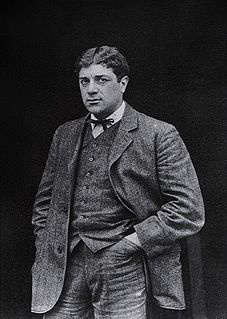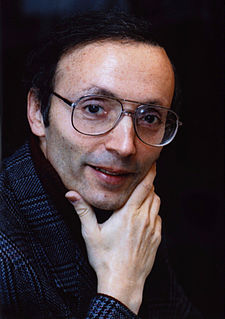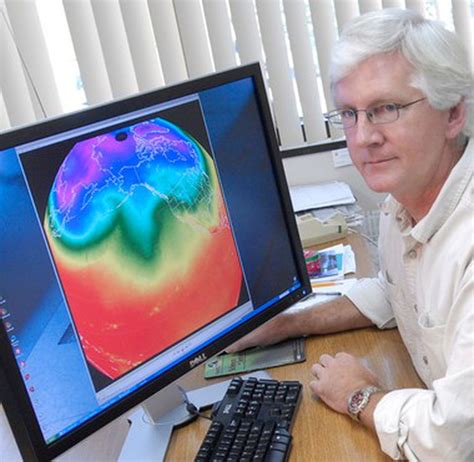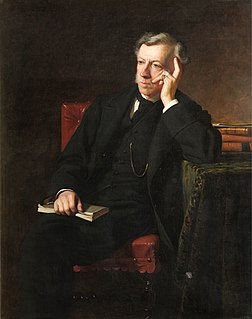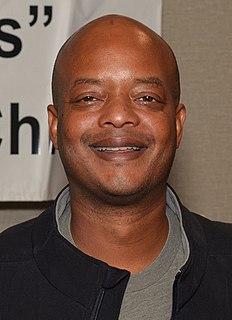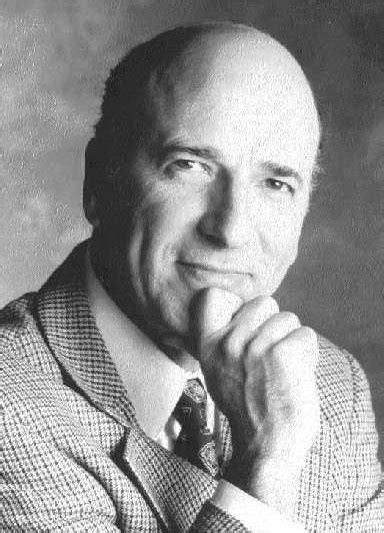A Quote by Georges Braque
Critics should help people see for themselves; they should never try to define things, or impose their own explanations, though I admit that if... a critic's explanations serve to increase the general obscurity, that's all to the good.
Related Quotes
The explanations for the things we do in life are many and complex. Supposedly mature adults should live by logic, listen to their reason. Think things out before they act. But maybe they never heard what Dr. London told me one, Freud said that for the little things in life we should react according to our reason. But for really big decisions, we should heed what our unconscious tells us.
All scientists should be skeptics. The reason why is that, even with the best of scientific measurements, we can come up with all kinds of explanations of what those measurements mean in terms of cause and effect, and yet most of those explanations are wrong. It's really easy to be wrong in science ... it's really hard to be right.
You find very few critics who approach their job with a combination of information and enthusiasm and humility that makes for a good critic. But there is nothing wrong with critics as long as people don't pay any attention to them. I mean, nobody wants to put them out of a job and a good critic is not necessarily a dead critic. It's just that people take what a critic says as a fact rather than an opinion, and you have to know whether the opinion of the critic is informed or uninformed, intelligent of stupid -- but most people don't take the trouble.
The thing I think I have learned from Wittgenstein is the importance of not making things up: philosophers should not invent problems, and they should also be conscious of the risk of inventing pointless 'technical' machinery which do not offer real explanations, but often just re-state the known facts in a more complex way.
